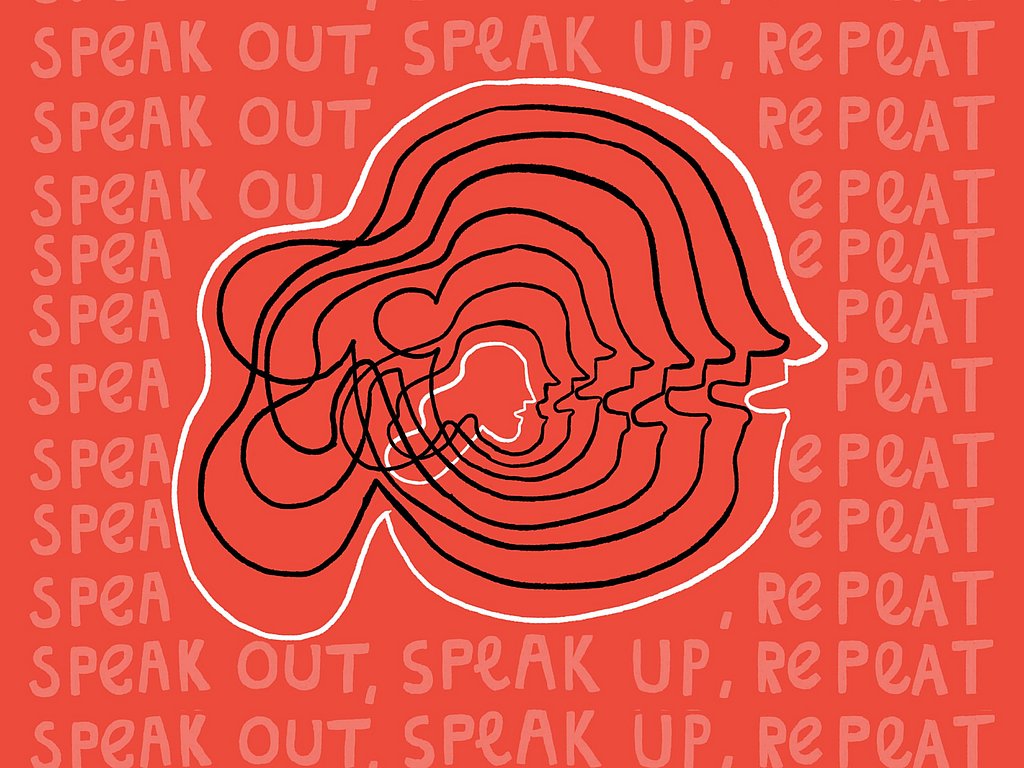Since 2015, we have witnessed an influx of forced displacement and mass arrivals in Europe. In such instances of humanitarian crisis amongst the first to offer their support are grassroots structures. Oftentimes, these groups are formed to respond to urgent humanitarian needs which often take priority over the professionalisation of these structures. Therefore, the implementation of safe and ethical policies risk being put on the back burner. A challenge that arises for such support systems is as they become more established, often due to the ongoing need for their services, there is an increased need for capacity building.
For this project, a case study of a grassroots organisation supporting women and families with experiences of displacement was used to identify the capacity building needs of grassroots structures. The study revealed a deficit of tangible accountability structures including the lack of reporting mechanisms. Volunteers reported uncertainties regarding raising concerns. This shortfall meant that senior team members were not equipped to respond to concerns. Considering the above, the aim of the project was to address this accountability gap by means of designing a reporting mechanism. This took the form of a document, titled Raising Concerns, outlining a safe, accessible, and confidential process for team members to raise concerns about a particular incident, the actions of another team member, or the actions of any other individual or organisation in the work environment.
The theory used to develop the project was based on the humanitarian principle of Do No Harm (DNH). DNH is a broad principle; therefore, can be interpreted in various ways. The way it is interpreted is dependent on the role an individual occupies within their organisation. One main challenge that arises from this is creating a framework that ensures people take a wider view of DNH, meaning that everyone understands not only what is important for their own role but also what is important to others. As DNH is a loosely defined concept, actors in the humanitarian sector must develop their own conceptual framework in line with their needs. Aid Re-imagined propose their own framework “Choosing to Act Carefully” (CTAC). In contrast to DNH, CTAC ‘does not assume that taking action is a given nor mitigating unintended consequences is guaranteed. It proposes three steps that demonstrates greater diligence in decision-making than simply “doing no harm”: 1. Precaution 2. Preparation 3. Pragmatism’ (Aid Re-imagined, 2020). This model encourages actors in the humanitarian sector to reassess the way DNH should operate; recognise that DNH is more than mitigating unintended consequences; and pushes actors to practice more reflectively before leaping into action. In view of this, the project adopted Humanity and Inclusion’s definition of DNH: ‘avoid exposing people to additional risks through our action’ (Charancle & Lucchi, 2018) whilst simultaneously reflecting on the CTAC model.
Overall, the project succeeded in achieving its short-term objective which materialised as a reporting mechanism document. The outcome of the long-term objective is to be discerned. Ensuring that an organisation continues to engage in best practices requires long-term monitoring. From a human rights perspective, a reporting mechanism document secures a process that mitigates negative behaviours and practices that impact the rights of people supported by grassroots structures. Moving forward, one may wish to look into designing a process that enables the community to raise concerns in lieu of volunteers advocating on their behalf. Several barriers to consider include power dynamics, the transactional relationships between communities and humanitarian workers, and working in an environment where a large part of the community are on the move.
Author information:
The article gives an overview of a Human Rights Project developed for the postgraduate program Master Social Work as a Human Rights Profession (MA-SWHR) by student Sahra Nasr.



